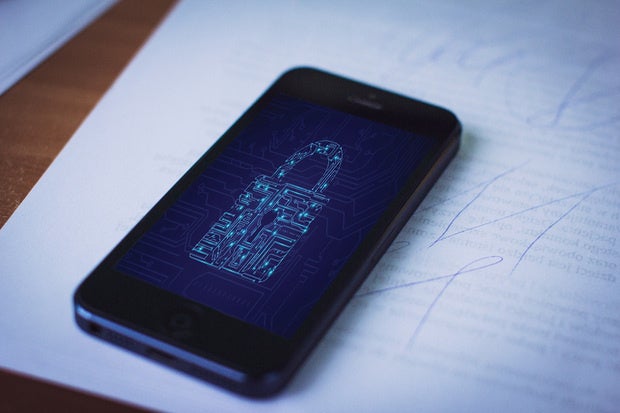Stats make iOS a hard OS to ignore

Credit to Author: Evan Schuman| Date: Tue, 16 Oct 2018 03:00:00 -0700
The latest version of Apple’s mobile operating system — iOS 12 — was released just a few weeks ago, and yet it’s already installed on 53% of relatively newer iPhones (introduced since September 2014) and 50% of all iPhones. Bottom line: It’s the fastest acceptance of any Apple OS.
This is more than a minimally interesting statistic. It illustrates the key difference between Apple mobile devices and Android mobile devices: Although there are more Android users on the globe, Apple’s users are much more of a community. That means many things from an Apple marketing perspective, but for IT, it means far greater security.
To be fair, the very nature of how iOS and Android are structured gives iOS a massive security advantage. It’s not that iOS’s code is more secure than Android’s. All in all, that’s pretty much a wash. It’s simply that Apple controls all iOS hardware and can therefore issue one integrated update for all devices at once. Google can issue an Android update, but its release is dependent on the huge number of handset manufacturers in the Android global universe. That makes any security patch distribution far more fragmented and materially slower.
That all said, this is how Google and Apple have chosen to go, and it means that corporate developers need to remember that it gives iOS a big security advantage. It also gives iOS the same advantage when it comes to rolling out new functionality and features, but that’s typically less of an enterprise app developer concern. Corporate coders, to their credit, usually want to let a new capability get tested in the community for months before leveraging it.
But there’s another reason behind the fact that iOS users download updates more quickly than their Android counterparts — and, now, more quickly than their earlier iOS counterparts. As a group, Apple users are more comfortable with technology and are more desirous of the latest and the allegedly greatest.
Some of this is credited to Apple marketing and blamed on many of my media colleagues. Apple’s rollouts are treated as front-page news by far too many news organizations that should know better. Here again, the fragmented nature of Android hardware ownership puts Google at a distinct disadvantage. There is simply no comparable attention paid to any new Android handset.
This strategy gives Android more users, but they are less enthusiastic users. Another proof point was published last week, from Sensor Tower Store Intelligence. It tracks app activity and its latest quarterly report has $18.2 billion spent in the third quarter, which is an impressive 22.7% more than last year’s identical quarter.
Of far greater interest, though, is that the revenue was overwhelmingly in Apple’s corner. And don’t forget that this happened despite there being far more Android users out there. Sensor credited Apple’s App Store with 94% more earnings than Google’s Google Play store. That marks “the widest revenue disparity since at least 2014, between the two platforms,” Sensor said.
This reality has also shown itself when retailers do mobile testing. Shoppers participating in that testing have, for years, disproportionately come from the Apple side.
Whether iOS devices are worth the higher prices it charges is certainly something companies have to consider. Compelling arguments have been made that the best of the Android devices generally beat iOS on most capabilities, such as battery life and photography quality.
And some of these seemingly strong Apple stat advantages may simply be an artifact of the higher pricing. That logic holds that people who are willing to spend more on a phone are likely to care more about the latest technology, which would color all of these numbers.
There’s also the perceived proprietary lock-in, with iOS users worried that they’ll go through a lot of hassles trying to move years’ worth of photos, videos and music from Apple-specific apps (such as iTunes) if they switch to Android. That’s more perception than reality, but it is fair to say that it’s not ultra-easy.
All things considered, it is harder today for corporate IT to justify a move to Android. And that suits Apple just fine.